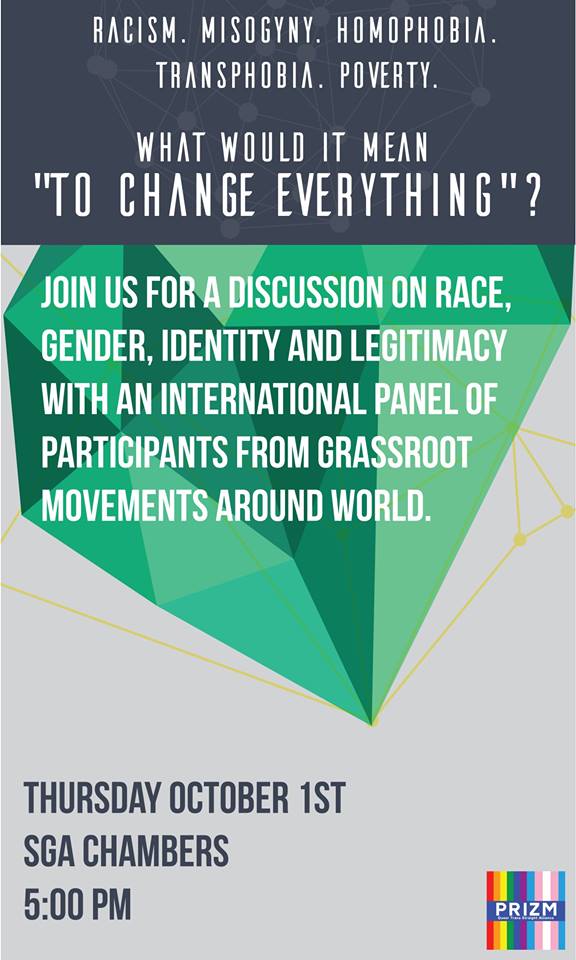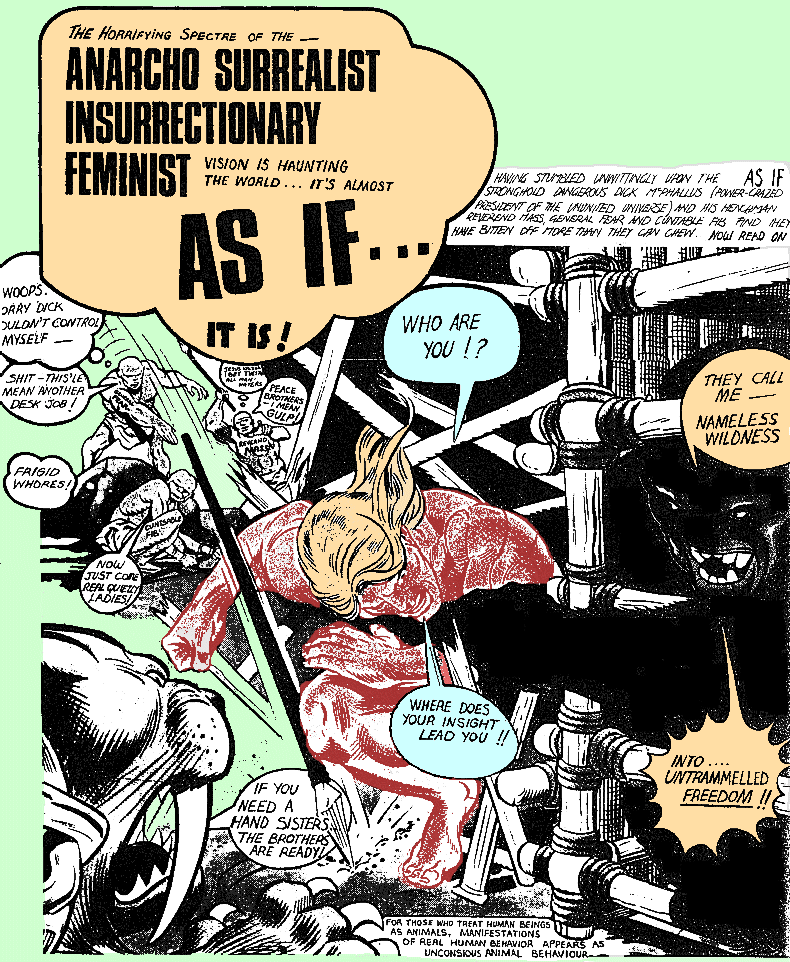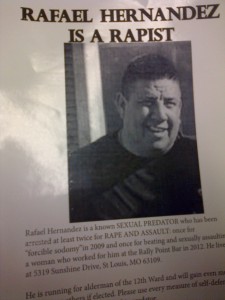To Change Everything: Struggle and Solidarity
If you are Roma in the Balkans, bars will refuse you service. You will give birth in a special room for Roma women. Medical personnel will disinfect the waiting room after you have been there. Your children will be forcefully showered at school, or sent to schools for children with special needs because they can’t read in the majority language. If you have a heart attack, the ambulance may refuse to drive into your settlement.
In the summer of 2015, mass protests took place every two days in the Czech Republic, against migrants from Africa and the Middle East who had almost died crossing the Mediterranean and were to be resettled in Europe. Protesters said that their culture was under attack.
From January to March, 2015, police killed 185 people in Sao Paulo, Brazil—most of them young black men.
***
Everywhere in the world, we are witnessing the most repressed and marginalized populations rising against the conditions of their oppression. What can we learn from these struggles? What does it mean to act in solidarity with them? Does solidarity mean setting aside our own interests, or understanding them differently?
Join us for a lively discussion on race, gender, identity, and legitimacy with participants in grassroots movements from Latin America, North America, Eastern Europe, and the Balkans, as they share their experience of struggles in their contexts. All of the presenters are contributors to a recent dialogue project, To Change Everything, which appeared earlier this year in over twenty languages: tochangeeverything.com
***
More information available at: https://www.facebook.com/events/1465254723781096/
A list of additional tour dates & stops available here: http://www.crimethinc.com/blog/2015/09/08/to-change-everything-us-tour-dates/


